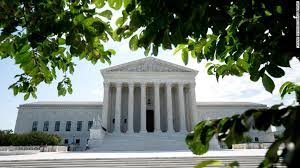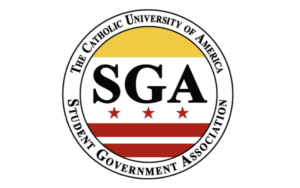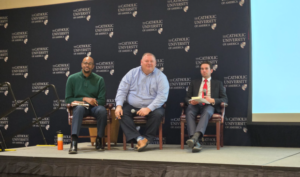Supreme Court Historically Checks the Electoral College in 9-0 Decision

Image courtesy of CNN
By Eva Lynch
The recent controversy regarding the Electoral College had no bearing on the magnitude of the Supreme Court’s historic and unanimous decision on Monday, July 6, to allow a state to bind its electors.
The decision was announced to the public, and a tweet by Justice Elena Kagan reading “Here, the People rule,” opened the floodgates of social media to an outpouring of overwhelming support. The immediate approval affirmed Americans’ majority nonpartisan opinion that the popular vote should replace the Electoral College.
Two initial cases, regarding electors in Washington and Colorado who voted contrary to their pledges, demanded this decision and were brought up on the grounds of “faithless electors,” in response to the 2016 election in which Hillary Clinton won the popular vote but lost the presidential election because the Electoral College voted in favor of her opponent, Donald Trump. The Supreme Court’s decision eliminates the possibility that this will happen again, by allowing a state to require its electors to cast a vote in support of the winner of the state’s popular vote.
The Electoral College is mandated in Article II of the Constitution as well as the 12th Amendment and is meant to offset states with larger populations from overwhelming and skewing the voting system. While many Americans have long reported a misunderstanding of or indifference to the Electoral College, few were actively against its existence until it instigated the results of the 2016 election.
Now, the Electoral College and existence thereof is just one item on a long list of traditions that remain from our country’s founding yet are under fire in modernity. While the majority of Americans are of the opinion that the Electoral College should be abolished, because it has hurt election results for Democrat and Republican candidates alike, there persists a few whose traditionalism manifests in support of maintaining the Electoral College.
One New York Times writer humorously analogized the growing sentiment towards the Electoral College: “The Electoral College, in other words, serves no useful purpose, other than to intermittently and randomly override the people’s will. It’s the appendix of our body politic. Most of the time we don’t notice it, and then every so often it flares up and nearly kills us.”
Many speculate if the natural next step is abolition. Experts say that a concrete movement towards an amendment for abolition is unlikely unless the Electoral College starts to determinedly favor Democrats. However, some say the Supreme Court’s decision this week obsoletes the Electoral College and provides a more direct way to abolition.
In fact, there is already the National Popular Vote Compact bill supported by only 74 electoral votes fewer than it needs to go into effect, when it will bind the majority of electors to cast a vote reflecting the popular vote.








